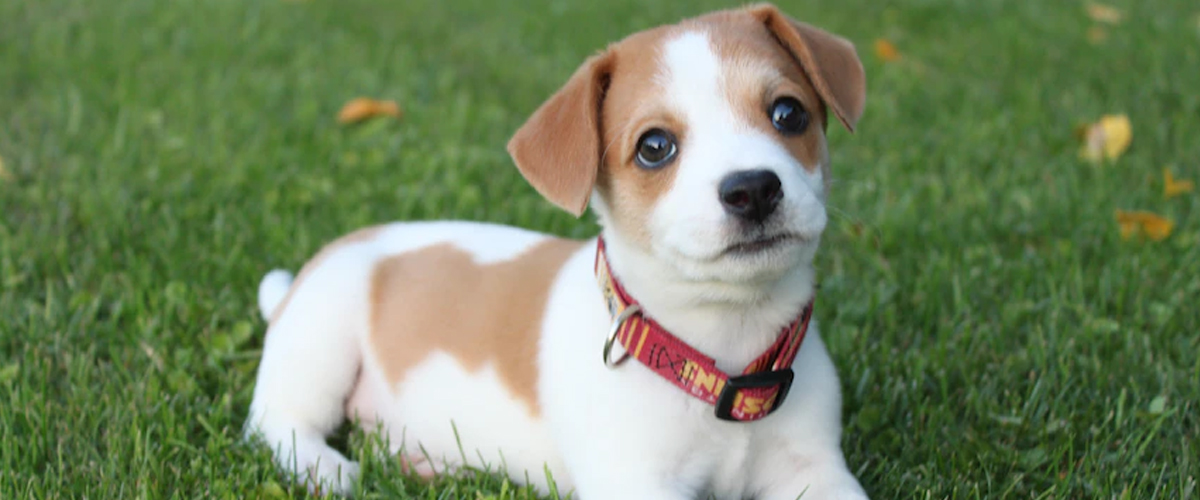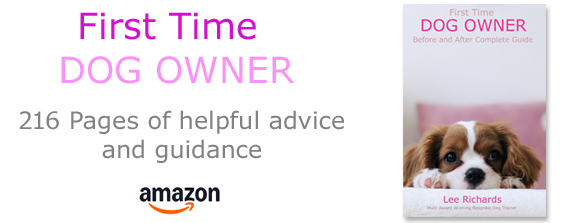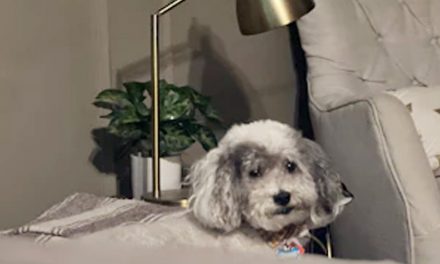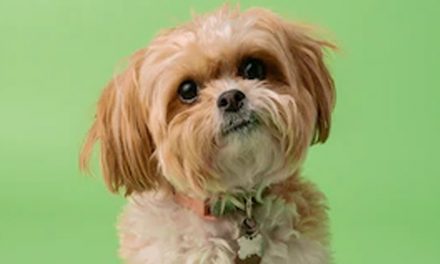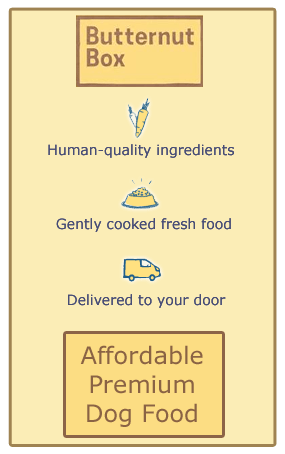Nurturing a puppy can be a rewarding yet perplexing experience, particularly when our furry friends exhibit baffling behaviors like scarfing down their own feces.
The act of pups eating poop, a behavior known as Coprophagia, can be disconcerting for many pet owners, yet it’s a surprisingly common occurrence with various underlying causes.
MY PUPPY EATS POOP
Primarily, puppies might engage in this behavior due to a lack of essential nutrients in their diet.
It might seem counterintuitive to us, but in their juvenile wisdom, puppies may resort to eating feces to compensate for nutritional insufficiencies.
This instinctual behavior traces back to their wild ancestry, where food scarcity and survival pressures led to such unusual practices.
In domesticated dogs, this could indicate that the current diet is not meeting the puppy’s nutritional needs.
Therefore, reviewing their diet and ensuring it is balanced and adequate for their age, breed, and health condition is essential.
Pet owners might need to consider supplementing their pup’s meals with vitamins or switching to higher-quality dog food, always after consulting with a veterinarian.
However, most puppies tend to grow out of this behavior as they mature and their digestive systems become more efficient at extracting necessary nutrients.
This maturation is contingent upon their progression to a balanced diet that fulfills all their needs.
COPROPHAGIA
It is crucial to remember, though, that not all puppies cease this behavior.
If your pup continues to show an affinity for feces as they grow, it could be indicative of an underlying health issue.
Persistent Coprophagia can point towards conditions like parasitic infections, diabetes, or thyroid disease, in which the body is unable to absorb nutrients properly, leading to malnutrition.
In such cases, a trip to the vet is strongly recommended.
Veterinarians can conduct a thorough examination to identify the root cause and prescribe an appropriate treatment plan. Besides, vets can also recommend strategies to curb this behavior, which may include specific training methods or the use of deterrent products that make the feces less appealing to the puppy.
IN CONCLUSION
While it’s not a pleasant sight to see your pups eat poop, understanding that it’s a common behavior in young dogs can provide some reassurance.
Regardless, maintaining a watchful eye on your pet’s habits, providing a nutritionally sound diet, and seeking veterinary advice when necessary are indispensable steps in ensuring your pup’s health and well-being.
Remember, a caring approach goes a long way in nurturing a healthy and happy pet.

